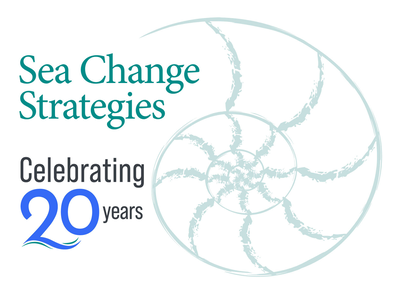What Does Impact Really Mean? Ask Your Donors
Listening is one of the most powerful relationship-building tools any organization has. It’s also strategic, providing actionable data that can make us more successful fundraisers.
One of the ways we listen at Sea Change is through Insight Panels — ongoing feedback groups made up of donors who regularly share their perspectives on messaging, motivation and engagement. These panels give our clients a direct line to the people at the heart of their missions.
In a recent exploration, we asked panel participants what impact really means to them. Their responses revealed a nuanced view of how people connect to causes and measure change.
What Donors Mean by “Impact”
A strong majority of respondents said that understanding impact requires three elements: facts and figures that show results, stories that illustrate how the work is done and testimonials from people whose lives are directly affected.
A big a-ha: most respondents view impact as about the present and future — ongoing actions and goals — rather than past achievements. This shows that supporters aren’t just inspired by what’s been accomplished; they’re motivated by what’s unfolding right now and what the organization is aspiring to achieve.
When it comes to who donors trust to speak about impact, frontline workers and people directly served rose to the top, followed by journalists and community partners — underscoring how much authenticity and proximity to the work matter.
One respondent offered a particularly thoughtful reflection that made the team think a little differently:
“’Impact’ conjures a collision, whereas I envision your work as a continuum of care — shifting to meet changing needs, reconfiguring to approach new conditions. ‘Impact’ is not the way I think of the value of what you do. I think of it as ‘effectiveness.’”
We often wonder what’s in the minds of our donors — and we hypothesize in Zoom rooms and around conference tables. But imagine just asking and getting the answer you need.
That’s the power of listening. It deepens understanding, strengthens strategy — and it makes donors feel good, too.
